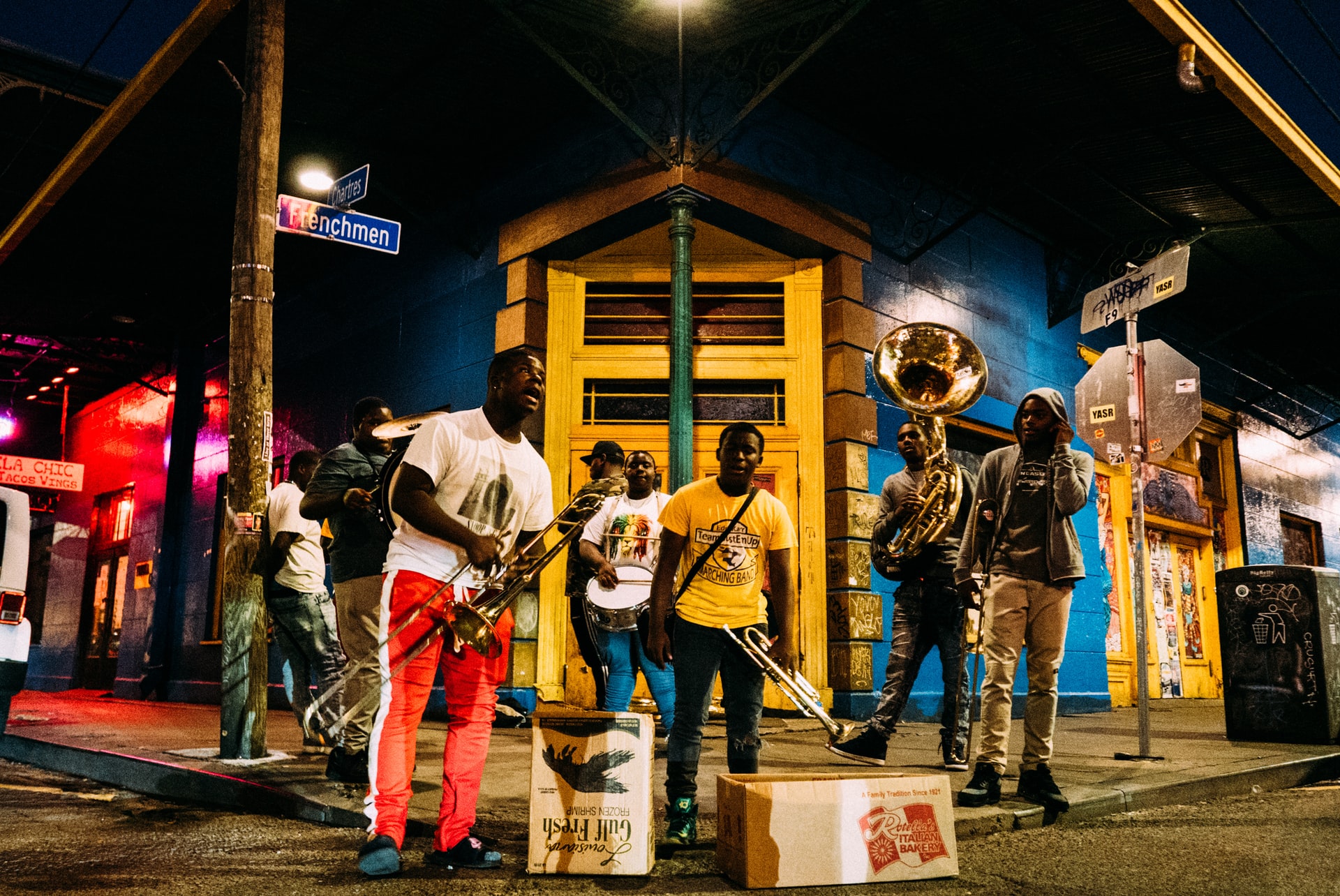New Orleans Jazz & Heritage Festival: A Symphony of Cultural Complexities
Introduction: The Allure and Enigmas of a Vibrant Festival
Annually, the New Orleans Jazz & Heritage Festival Presented By Shell enchants music enthusiasts and cultural seekers alike. This 10-day extravaganza, held at the Fair Grounds Race Course, is a mesmerizing blend of traditions, rhythms, and perspectives. However, beyond the vibrant tapestry of music and entertainment lies a complex web of cultural, economic, and environmental factors that merit critical examination.
Cultural Preservation vs. Commercialization: A Delicate Balance
The City's Cultural Fabric
New Orleans, affectionately known as "The Big Easy," is synonymous with jazz music. The festival serves as a vital platform for preserving and promoting this musical legacy. Local musicians, both established and emerging, share the stage with national and international acts, fostering intergenerational connections and ensuring the genre's continuity.
The Impact of Tourism
However, the festival's growing popularity has brought a surge of tourists, presenting both opportunities and challenges. While tourism revenue supports the city's economy, it can also strain its infrastructure and potentially dilute the festival's authentic cultural spirit.
Economic Engine vs. Inequality: The Festival's Legacy
Economic Benefits
The festival undeniably generates substantial economic benefits for New Orleans. According to the Louisiana Office of Tourism, it infuses over $300 million into the local economy annually. The event supports countless businesses, including hotels, restaurants, and shops, and provides employment opportunities for thousands.
Income Disparities
Despite these economic gains, critics argue that they are not equitably distributed. Data from the University of New Orleans indicates that African Americans, who have played a fundamental role in the development of jazz, face income disparities compared to their white counterparts in the tourism industry.
Environmental Considerations: Minimizing the Footprint
Environmental Impact
With hundreds of thousands of attendees, the festival inevitably leaves an environmental footprint. Waste management, energy consumption, and transportation emissions pose challenges. The organizers have taken steps to mitigate these impacts, such as implementing recycling programs and using renewable energy sources.
Conservation Efforts
However, environmental advocates argue that more needs to be done to ensure the festival's long-term sustainability. They call for reduced plastic consumption, improved public transportation options, and collaborations with conservation organizations.
Corporate Sponsorship: Impact and Ethics
Shell's Involvement
The festival's partnership with Shell, a multinational oil and gas company, has been a topic of debate. Some critics question the ethical implications of a corporation associated with environmental controversies sponsoring a cultural event that celebrates New Orleans' unique heritage.
Community Impact
Proponents argue that Shell's sponsorship enables the festival to reach a wider audience and support community programs. The company has invested in educational initiatives and provided funding for local musicians and artists.
Conclusion: A Tapestry of Perspectives and a Call for Balance
The New Orleans Jazz & Heritage Festival Presented By Shell is a complex cultural phenomenon that intertwines music, tradition, commerce, and environmental concerns. While it undoubtedly enriches the city and showcases its vibrant culture, it also prompts questions about cultural preservation, economic equity, and environmental sustainability.
By critically examining these complexities and fostering a dialogue among diverse stakeholders, New Orleans can navigate the challenges and reap the benefits of the festival while ensuring its authenticity, inclusivity, and long-term viability.
Read also:
Reality Is Beginning To Set In For The Wild
Bam Adebayo's Strong Outing Despite Cold Start Leads Heat Past Suns
What Channel Is Rudolph On Tonight

